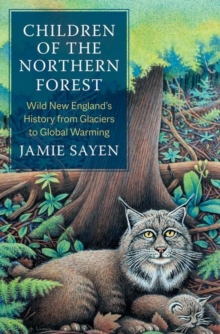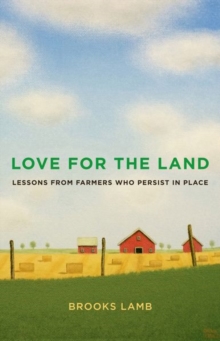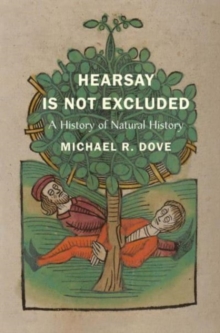
Cold War Ecology : Forests, Farms, and People in the East German Landscape, 1945-1989 Hardback
by Arvid Nelson
Part of the Yale Agrarian Studies Series series
Hardback
Description
A new way of measuring the health of a political system: by examining the health of its landscapes and ecosystems East Germany, its economy, and its society were in decline long before the country’s political collapse in the late 1980s.
The clues were there in the natural landscape, Arvid Nelson argues in this groundbreaking book, but policy analysts were blind to them.
Had they noted the record of the leadership’s values and goals manifest in the landscape, they wouldn’t have hailed East Germany as a Marxist-Leninist success story.
Nelson sets East German history within the context of the landscape history of two centuries to underscore how forest and ecosystem change offered a reliable barometer to the health and stability of the political system that governed them. Cold War Ecology records how East German leaders’ indifference to human rights and their disregard for the landscape affected the rural economy, forests, and population.
This lesson from history suggests new ways of thinking about the health of ecosystems and landscapes, Nelson shows, and he proposes assessing the stability of modern political systems based on the environment’s system qualities rather than on political leaders’ goals and beliefs.
Information
-
Available to Order - This title is available to order, with delivery expected within 2 weeks
- Format:Hardback
- Pages:368 pages, 61 b-w illus.
- Publisher:Yale University Press
- Publication Date:10/12/2005
- Category:
- ISBN:9780300106602
Information
-
Available to Order - This title is available to order, with delivery expected within 2 weeks
- Format:Hardback
- Pages:368 pages, 61 b-w illus.
- Publisher:Yale University Press
- Publication Date:10/12/2005
- Category:
- ISBN:9780300106602










